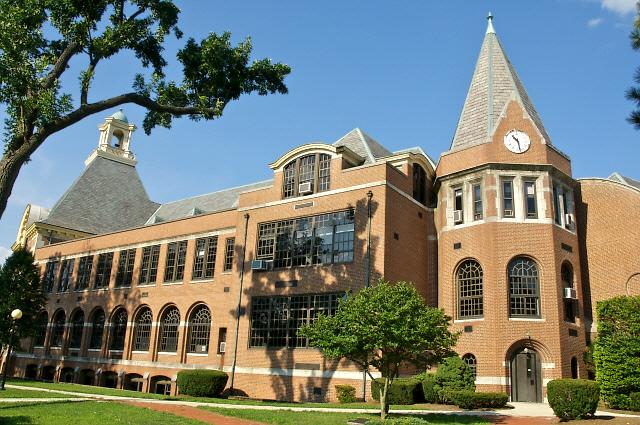Interesting reading from The Atlantic. Here's the intro:
For years, the secrets to great teaching have seemed more like alchemy than science, a mix of motivational mumbo jumbo and misty-eyed tales of inspiration and dedication. But for more than a decade, one organization has been tracking hundreds of thousands of kids, and looking at why some teachers can move them three grade levels ahead in a year and others can’t. Now, as the Obama administration offers states more than $4 billion to identify and cultivate effective teachers, Teach for America is ready to release its data.
The story goes on to compare some teachers -- with unexpected results. Then there's a look at some of the things Teach for America has learned thanks to all the data it has collected on teacher success and student success.
An excerpt:
When Teach for America began, applicants were evaluated on 12 criteria (such as persistence and communication skills), chosen based on conversations with educators. Recruits answered open-ended questions like “What is wind?” Starting in 2000, the organization began to retroactively critique its own judgments. What did the best teachers have in common when they applied for the job?
For years, Teach for America also selected for something called “constant learning.” As Farr and others had noticed, great teachers tended to reflect on their performance and adapt accordingly. So people who tend to be self-aware might be a good bet. “It’s a perfectly reasonable hypothesis,” Ayotte-Hoeltzel says.
But in 2003, the admissions staff looked at the data and discovered that reflectiveness did not seem to matter either. Or more accurately, trying to predict reflectiveness in the hiring process did not work.
What did predict success, interestingly, was a history of perseverance—not just an attitude, but a track record. In the interview process, Teach for America now asks applicants to talk about overcoming challenges in their lives—and ranks their perseverance based on their answers. Angela Lee Duckworth, an assistant professor of psychology at the University of Pennsylvania, and her colleagues have actually quantified the value of perseverance. In a study published in TheJournal of Positive Psychology in November 2009, they evaluated 390 Teach for America instructors before and after a year of teaching. Those who initially scored high for “grit”—defined as perseverance and a passion for long-term goals, and measured using a short multiple-choice test—were 31 percent more likely than their less gritty peers to spur academic growth in their students. Gritty people, the theory goes, work harder and stay committed to their goals longer. (Grit also predicts retention of cadets at West Point, Duckworth has found.)
But another trait seemed to matter even more. Teachers who scored high in “life satisfaction”—reporting that they were very content with their lives—were 43 percent more likely to perform well in the classroom than their less satisfied colleagues. These teachers “may be more adept at engaging their pupils, and their zest and enthusiasm may spread to their students,” the study suggested.
In general, though, Teach for America’s staffers have discovered that past performance—especially the kind you can measure—is the best predictor of future performance. Recruits who have achieved big, measurable goals in college tend to do so as teachers. And the two best metrics of previous success tend to be grade-point average and “leadership achievement”—a record of running something and showing tangible results. If you not only led a tutoring program but doubled its size, that’s promising.
Knowledge matters, but not in every case. In studies of high-school math teachers, majoring in the subject seems to predict better results in the classroom. And more generally, people who attended a selective college are more likely to excel as teachers (although graduating from an Ivy League school does not unto itself predict significant gains in a Teach for America classroom). Meanwhile, a master’s degree in education seems to have no impact on classroom effectiveness.
[end excerpt]
Really fascinating...I hope you'll take a few minutes to click and read the full story. Click here for the article.
Welcome!
Welcome to Laurie Goodman's blog. I use this space to share news and opinions about education and schools in Ridgewood, the state of New Jersey and the nation, in addition to other issues I'm personally interested in. I invite you to share your thoughts, feelings, questions or opinions, too, by posting comments on any blog entry. Please observe basic courtesy -- keep your comments focused on issues, no personal attacks or bullying, please. Contact me directly at: lauriegood@mac.com
Subscribe to:
Post Comments (Atom)





1 comment:
What makes a good teacher? The elimination of tenure for a start. The abolition of "teachers' colleges" would be a close second.
Post a Comment